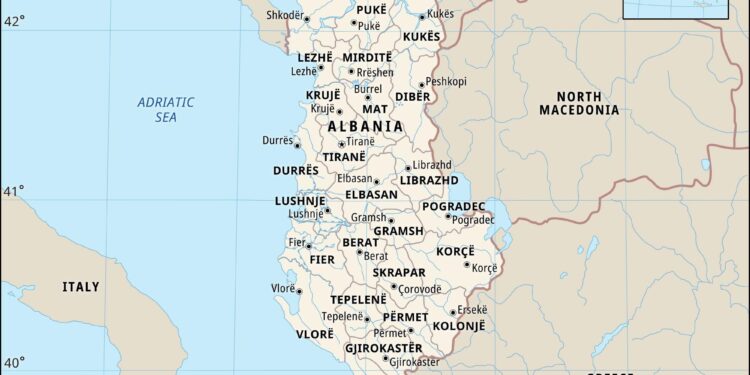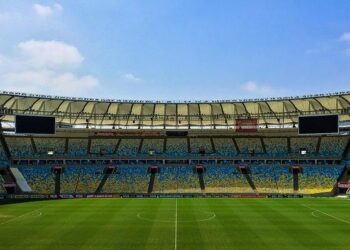Albania and the European Bank for Reconstruction and Development: Partnering for Sustainable Economic Progress
In the midst of rapid economic transformation and a growing focus on sustainability, Albania has emerged as a prominent investment hub in the Western Balkans. The European Bank for Reconstruction and Development (EBRD) is pivotal in this evolution, deepening its cooperation with Albanian authorities to modernize infrastructure, stimulate private sector development, and promote renewable energy initiatives. As Albania strives to align with European Union standards and attract global investors, its partnership with the EBRD embodies a mutual commitment to resilience, innovation, and enduring prosperity despite ongoing global economic challenges. This article explores how this collaboration shapes AlbaniaŌĆÖs development trajectory while outlining future opportunities.
Economic Revitalization through EBRD-Albania Partnership
AlbaniaŌĆÖs economy is undergoing significant shifts largely driven by targeted interventions from the EBRD. The bankŌĆÖs strategic investments are designed to foster sustainable growth while enhancing competitiveness across key sectors. Core components of this alliance include:
- Infrastructure Modernization: Upgrading transport networks and energy systems not only creates jobs but also strengthens regional connectivity.
- Support for Small Enterprises: Customized financial products coupled with expert advisory services empower SMEs to expand their operations effectively.
- Advancement of Renewable Energy: Financing clean energy projects aligns with international climate goals while promoting environmental responsibility locally.
These initiatives have positively influenced AlbaniaŌĆÖs macroeconomic landscape. For example, foreign direct investment (FDI) has steadily increased as investor confidence grows amid improved business conditions. Recent statistics highlight these encouraging trends:
| Indicator | Actual 2022 | Projected 2023 | ||
|---|---|---|---|---|
| GDP Growth Rate | 3.5% | 4.1% | ||
| Total FDI Inflows (Ōé¼) | Ōé¼1.2 billion | Ōé¼1.5 billion | ||
| Youth Unemployment Rate* | Reduced from 11.5% in 2022 to an estimated 10.8% in 2023 *The decline reflects labor market reforms supported by international partners. Infrastructure Progress Driven by EBRD Investments in AlbaniaThe EBRD has been instrumental in accelerating infrastructure upgrades across various sectors including transportation systems, urban utilities, and renewable energy capacity expansion. Significant projects encompass improvements along vital transit corridors such as enhancements between TiranaŌĆöthe capitalŌĆöand DurresŌĆöAlbania’s primary seaportŌĆöwhich have reduced travel times considerably while elevating safety standards for daily commuters. Concurrently, investments targeting solar parks and wind farms have boosted clean energy production by nearly 20%, contributing substantially toward national commitments under EU green transition policies. Beyond physical infrastructure alone, these efforts have generated over 5,000 direct jobs within construction phases while indirectly benefiting related industries like materials manufacturing.
These measurable outcomes demonstrate how combining strategic funding with technical expertise can drive inclusive socio-economic advancement aligned with sustainability objectives. Strengthening Investment Climate: Policy Directions for AlbaniaŌĆÖs Future ProsperityTo build upon current achievementsŌĆöand attract further foreign capitalŌĆöAlbania should implement comprehensive reforms aimed at optimizing its investment environment:
| |||
















